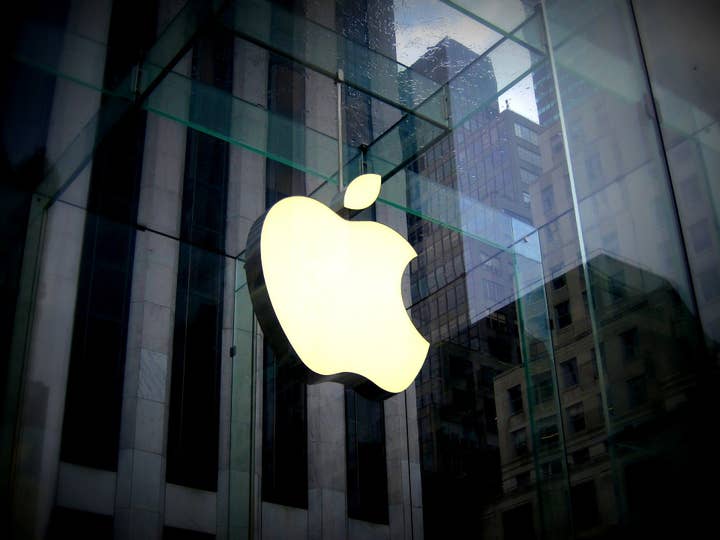Apple asks court to disregard Epic's iOS "essential facility" complaint
Mobile giant claims Epic gave "no factual, expert or legal support" to its case and "has effectively abandoned this claim"
The antitrust trial between Epic and Apple is not over yet, but the latter is already asking for the judge to rule in its favour over one of the key disputes.
In its initial complaint ahead of the trial, Epic claimed that iOS was an "essential facility" and that Apple has denied the Fortnite firm's access to it.
However, in a filing shared by The Verge, Apple claims Epic did not successfully make its case on this matter.
"Having completed its case-in-chief, Epic has no factual, expert or legal support for its theory of essential facility, and has effectively abandoned this claim. Apple is therefore entitled to judgment on [this count]," the document reads.
Apple argues that, historically, "essential facilities" typically refers to physical infrastructures that can't be replicated by competitors and "serve as a necessary conduit without with transmission or distribution is impossible."
The examples Apple gives are bridges and power grids. By comparison, it says its iOS operating system is not an essential facility.
The company even claimed Epic's own expert witness -- economist Dr David Evans -- admitted he was not "expressing any opinion on anything termed an essential facility or anything related to an essential facility claim in this case," and that he described iOS as a "utility."
Apple also argues that it has not denied Epic access to iOS because the company does still have access to it, under the terms of Apple's developer agreement.
Fortnite was removed because of the direct payment fix Apple added, which breached this agreement. While Apple did attempt to cut off Epic's developer accounts, Epic won a partial preliminary injunction preventing this in order to protect other developers using Unreal Engine for this iOS games.
Instead, only the Epic account associated with distributing Fortnite has been denied access, and only as part of this dispute.
"Epic has had plenty of notice that this claim is vulnerable to summary disposition, and dismissing it at this time would simplify the issues for post-trial resolution," the filing concludes.
"For the foregoing reasons, the court should grant judgement on partial findings in favour of Apple and against Epic on Count 2 of Epic's complaint."
In our most recent analysis with legal experts, attorney Richard Hoeg noted that the judge has already questioned why Epic has not made more use of the 'essential facility' framework in its case during the trial.
Hoeg added that if the judge were to rule that iOS classifies as such, it would have "significant, negative ramifications for Apple."
You can follow all of our Epic vs Apple coverage here, or read the highlights in our ongoing roundup.

